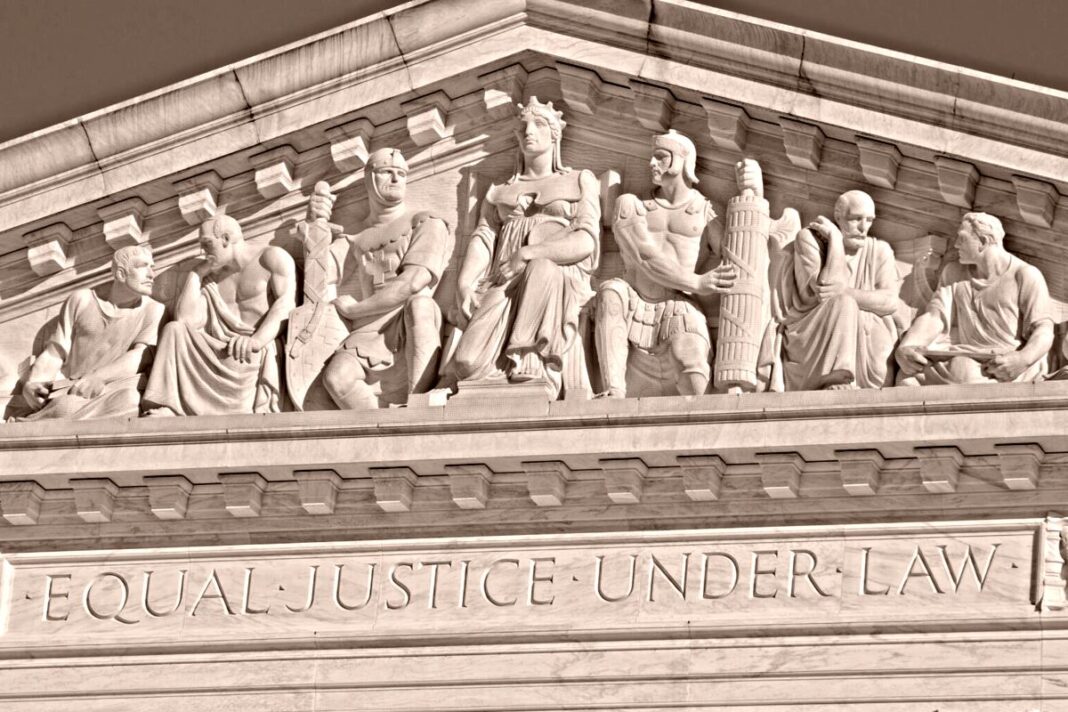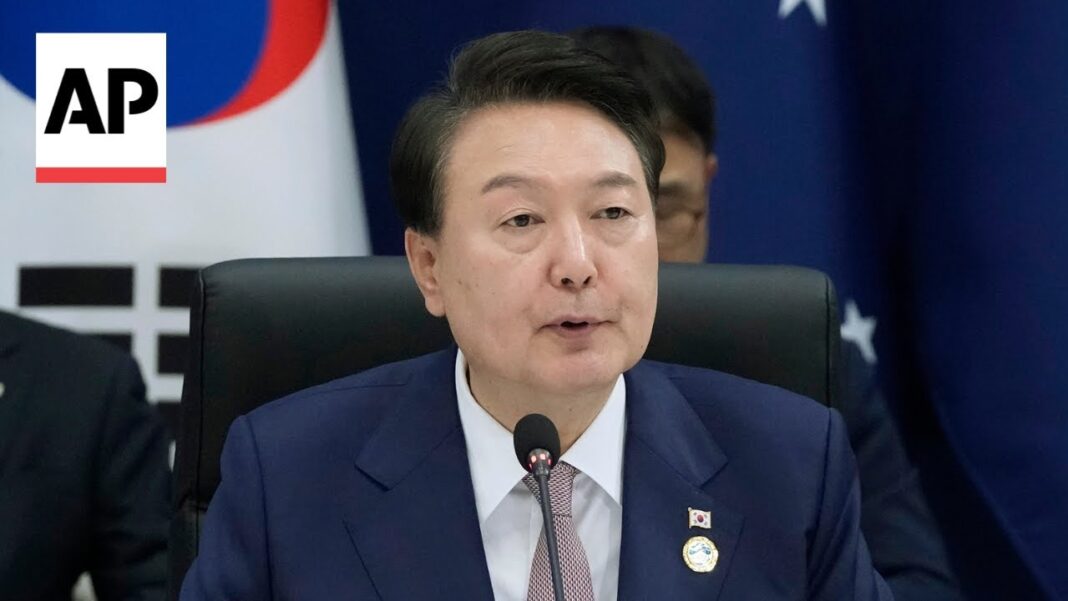The president has asked the high court to review multiple of the 100-plus lawsuits against his administration.
President Donald Trump’s agenda could lead to the Supreme Court clarifying U.S. law in major ways as it considers a series of lawsuits brought against his administration.
While his success is uncertain, the pending lawsuits have raised questions about the separation of powers and the scope of executive authority over spending, federal employment, immigration, and foreign policy.
The administration has filed at least six appeals to the high court, with some already rejected. More appeals are likely to emerge from the more than 100 lawsuits filed against it.
The flurry of cases has also sparked debate over the scope of judicial authority, bringing to the forefront ongoing concerns about the use of nationwide injunctions by district court judges.
Separation of Powers
Trump has been critical of the judges who have issued blocks on his actions and said that some should be impeached. That appeared to prompt a rare statement from Chief Justice John Roberts who said impeachment was inappropriate in response to disagreements over judicial decisions.
The president has said he will follow court orders but the increasing tension between Trump and the courts has prompted speculation about an impending constitutional crisis.
”A constitutional crisis is in the eye of the beholder,” Heritage Foundation senior legal fellow Thomas Jipping told The Epoch Times. He added that the spate of nationwide injunctions and purported judge shopping, or the practice of choosing venues to sue in hopes of getting a favorable judge, raised questions about separation of powers.
“If there is a constitutional crisis, a real breakdown in the separation of powers would be one,” Jipping said. “The separation of powers is probably the single most important structural element of our system of government under the Constitution.”
Members of the court have already expressed disapproval of nationwide injunctions. A more recent appeal by the Trump administration indicated a willingness by some members of the court to counter broad decisions by lower court judges.
In March, the Supreme Court declined to take up the Trump administration’s appeal of a Washington judge’s order requiring the disbursement of foreign assistance funds. Various factors influence whether the justices take up emergency appeals or grant the type of stay the administration was requesting. The court did not issue a detailed opinion explaining its decision.
By Sam Dorman







